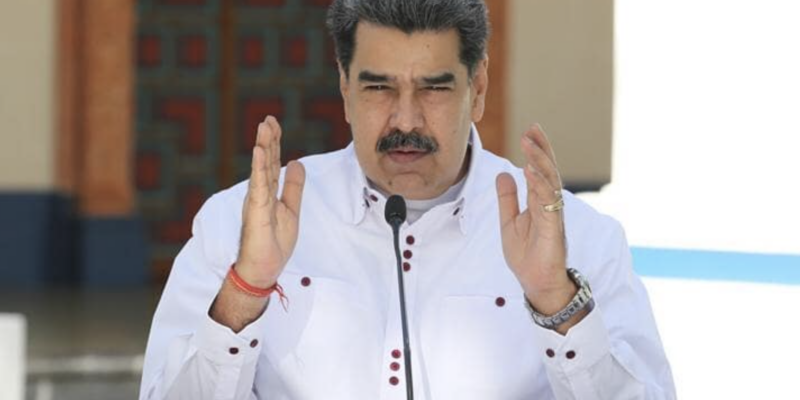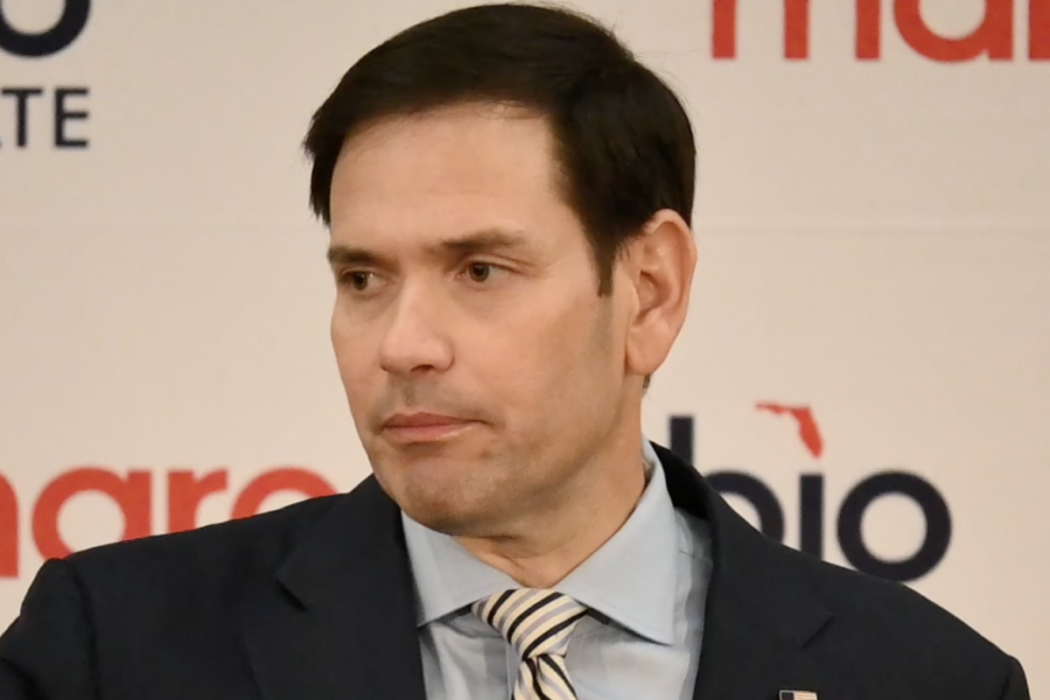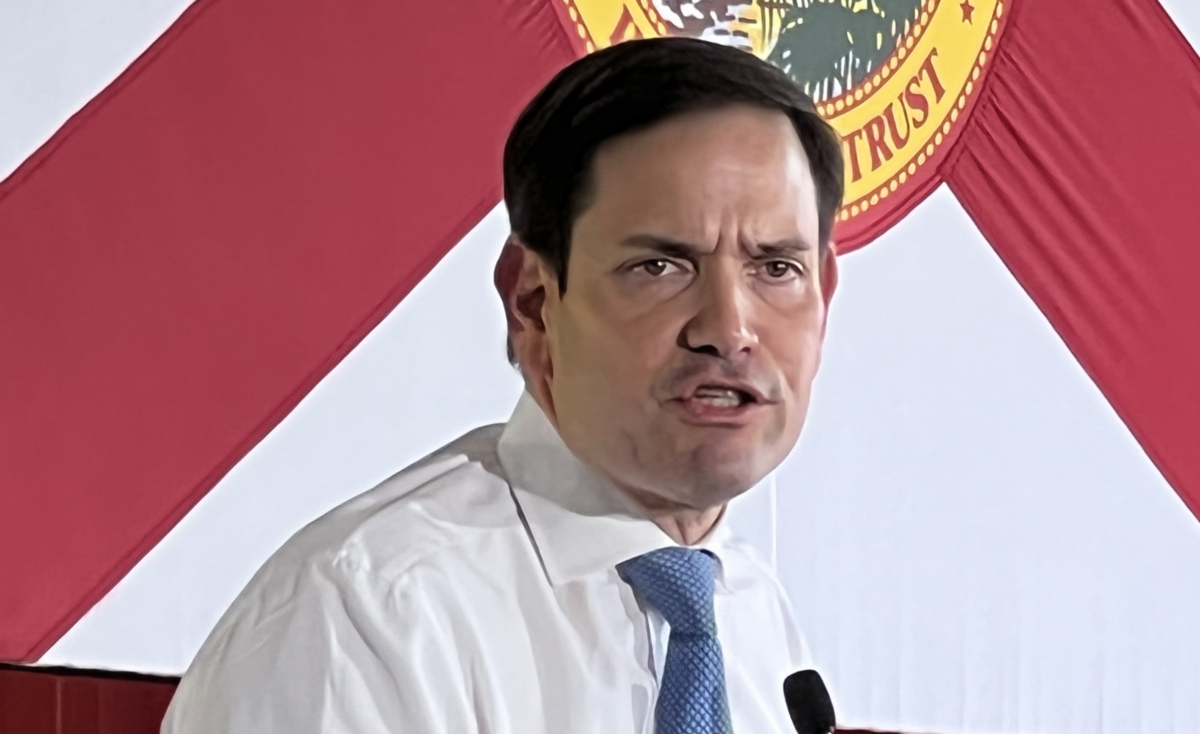An extradited conman and close advisor to Venezuelan dictator Nicolas Maduro appeared in a Miami federal court last week in a case that´s being closely watched around the world. Alex Saab, a Colombia-Venezuelan businessman with links to Hezbollah and who’s accused of laundering $350 million through the U.S. banking system on behalf of the Venezuelan regime, will be arraigned on November 1st in a case that pits the United States against the socialist government of Maduro.
As a result of Saab’s extradition, Maduro immediately called off the Mexico negotiations with Venezuela’s opposition and detained six U.S. oil executives, known as “the CITGO six” for no reason except as political backlash.
Saab has been key to building Maduro’s resiliency to withstand “maximum pressure” U.S. sanctions and to massively build up his coffers. Saab is suspected to have established a complex network of ghost companies around the world to drain millions in overpriced and corrupt government contracts taking advantage of Venezuelan’s most basic needs: food, medicines, and housing.
Having been named “Special Representative to Russia and Iran” for the Venezuelan government, Saab was instrumental in forging strategies with Russia, Iran, and Turkey that would enable the regime to violate sanctions by implementing oil and gold swaps for gasoline and cash.
Last week, the U.S. Treasury Department announced a set of recommendations to revamp its use of economic sanctions to make them a more effective tool of U.S. foreign policy, promising that sanctions would remain a crucial part of U.S. foreign policy. However, “more rigor would be added to the sanctions process while also modernizing the tool through the new framework, which seeks to tie designations to clear policy objectives and emphasizes the importance of multilateral coordination and mitigating unintended economic, humanitarian and political impacts.”
Several experts welcomed the announced “recalibration” of U.S. sanctions. The Atlantic Council’s Daniel Fried, Weiser Family distinguished fellow, and Brian O’Toole, the nonresident fellow at the GeoEconomics Center, recently wrote that the U.S. Treasury Department’s sanctions policy review “represents a welcome return to a principled and more systematic foreign-policy approach.” They also added that the review is “a solid and sensible update rather than a dramatic reversal. That’s exactly what’s needed: Successful use of sanctions depends on the application of policy virtues such as diligence, discipline, and diplomacy with allies, partners, and stakeholders alike.”
Francisco Monaldi, director of the Latin America Energy Program at the Center for Energy Studies at Rice University, recently told The Floridian, “The maximum pressure strategy based on sanctions has not worked to promote political change, and has had negative humanitarian consequences. In addition, if the oil sector is destroyed and Western companies leave it would be much harder to recover the country after political change occurs. As a result, it seems appropriate to study adjustments to the sanctions regime that allow for Western companies to stay and at the same time ensure that the revenues generated by the exports from the projects in which they participate are used to fund humanitarian projects, such as the COVAX vaccine program or the World Food Program.”
In a recent Foreign Policy op-ed, Walker D. Mills, 2021 Fellow with Foreign Policy Young Professionals, wrote that the U.S. strategy of robust economic sanctions against Venezuela’s oil and gold industries “has failed: Maduro’s political position has withstood U.S. pressure. Russia, China, Cuba, and, most important, the Venezuelan military maintain their support for Maduro,” adding that “While Maduro is a brutal dictator, regime change is unlikely to work, exacerbates humanitarian suffering, and assumes Venezuela’s problems are America’s.”
It is undeniable that with the help of China, Russia, Cuba, and Iran, Maduro’s grip on power appears as strong as ever.
At a recent business forum held between Venezuela and Russia, Maduro’s reps made an aggressive pitch for “Mother Russia” to expand its oil investments in Venezuela, affirming that its recently-minted AntiBlockade law would protect Russian investors and continue to facilitate the violation of U.S. sanctions former President Donald Trump put in place.
The U.S. has a lot to worry about with Putin flexing his muscles in its backyard.
Not only is the Kremlin the second largest supplier of foreign oil to the U.S., but it appears as if “Europe is now a hostage to Russia over energy,” according to a recent Bloomberg story.
With the recent exit of France’s Total and Norway’s Equinor, as well as Japan’s Inpex oil companies from Venezuela, the state-run PDVSA oil company is now in full control of billions of dollars in oil infrastructure.
The U.S. might need to take a second look at protecting its energy strategies and investments in Venezuela, as it may seem that Maduro might slowly be pushing out foreign oil-producing companies and setting the stage for a U.S. adversary takeover.
In a September 8th analysis, specialized news portal Oilprice.com reported that “Venezuela’s near-collapse and strict U.S. sanctions are creating an opportunity for Russia, Iran, and China to strengthen their presence in Latin America, a region that for decades has been under U.S. hegemony. While Russia and Iran have, to an extent, gained a foothold in Venezuela by providing crucial support to the embattled Maduro regime, it is China that stands to benefit the most if it can secure a close relationship with the socialist authoritarian regime.”
Additionally, Maduro’s regime said last week at a meeting with its Iranian counterparts, that it would sign a 20-year economic pact with Iran, deepening ties with another U.S. foe. At the event, Iranian President Ebrahim Raisi "rejected the embargoes and sanctions imposed by the United States on third countries; and he agreed with Venezuelan Foreign Minister Plasencia in the commitment to reinforce multilateralism and reject the interference and interventionism of the North American country."
Florida Senator Marco Rubio, whose life has been threatened by one of Maduro’s henchmen, Diosdado Cabello, told The Floridian that the “Maduro narcoregime’s continued cooperation and coordination” with “Axis of Evil” countries like Cuba and Russia show how “far removed” the regime is from the “democratic world.”
“Rogue regimes and bad actors always unite to give each other support and international legitimacy. The Maduro narcoregime’s continued cooperation and coordination with Russia, China, Iran, and Cuba makes clear just how far removed they are from the democratic world. Democratic nations must unite against those evil regimes to defend global stability, security, and basic human rights,” stated Sen. Rubio.
In addition, Sen. Rubio said that “any company or entity that is linked to the Maduro narcoregime and is violating U.S. oil sanctions,” needs to be held accountable for their criminal actions.





